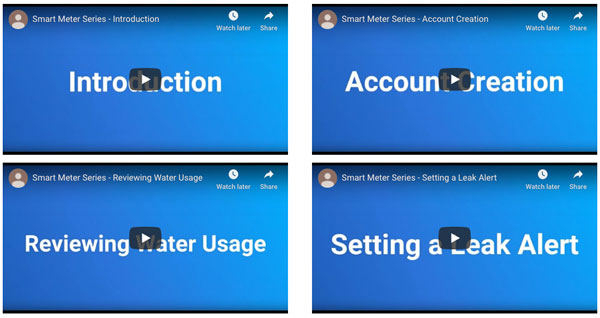Chloramine Conversion FAQs
Harris County MUD 168 is changing the disinfectant used in your drinking water from chlorine to chloramine beginning December 1, 2025. This change has come about due to a change in our source water. The NHCRWA will be providing us with surface water. This change is intended to benefit our customers by reducing the levels of disinfection byproducts (DBPs) in the system, while still providing protection from waterborne diseases. A majority of public water systems in Texas that rely on surface water for their potable water supplies use chloramine disinfectant. Public water systems like the City of Houston, City of Austin and Dallas Water Utilities have been using chloramine disinfection for several decades.
However, the change to chloramine can potentially impact people that rely on dialysis machines. Chloramine, like chlorine, must be removed from the water prior to being used in the dialysis machines. A condition known as hemolytic anemia can occur if the disinfectant is not completely removed from the water that is used for the dialysate. Consequently, the pretreatment scheme used for the dialysis machines must include some means, such as a charcoal filter, for removing the chloramine prior to December 1, 2025. Medical facilities should also determine if additional precautions are required for other medical equipment. Dialysis patients should contact their medical facilities for guidance on modifications needed to their dialysis machines and procedures.
Chloramine, like chlorine, must also be removed from the water before it is added to aquariums or fish ponds, including fish and lobster tanks in restaurants and stores. The ammonia used to form chloramines is toxic to fish and other aquatic life as it enters the bloodstream directly through the gills. If you have a fish tank, please make sure that the water conditioning chemicals or filters that you are using are designed for use in water that has been treated with chloramine. You may need to change the type of filter that you use for the fish tank. Leaving water to sit is not a reliable method for removing chloramine from the water.
For questions concerning this change, please contact the Inframark Customer Service team for HC MUD #168 at: (832) 467-1599, CustomerService@Inframark.com, Mon-Fri 8:00 AM-5:00 PM.
Thank you
What is chloramine?
Chloramine is a disinfectant used in drinking water to remove bacteria and viruses. It consists of chlorine and ammonia.
2. Why is Harris County Municipal Utility District No. 168 converting from free chlorine to chloramine?
Since HC MUD 168 lies within the North Harris County Regional Water Authority (NHCRWA), we are mandated by the State Legislature to accept and use surface water from the NHCRWA when it is offered. By using chloraminated surface water, we will help reduce the ground subsidence caused by water pumped from water wells in Galveston and Harris Counties.
3. When will the conversion occur?
The conversion will take place on December 1st, and it will take four to five days for the entire water system to change to chloramine disinfection.
4. Is chloraminated water safe?
Yes, water is safe for people and animals to: drink, cook with, bathe in, water the garden, and for all other general uses.
5. What types of special precautions should kidney dialysis patients take?
Kidney dialysis patients should contact their physician or local kidney dialysis center for guidance on modifications to dialysis machines and procedures.
6. Should I take any precautions with an aquarium?
Chloramine can be removed from water with inexpensive water system carbon filters. These products are readily available at most pet supply stores.
7. Will pool owners need to treat chloraminated water differently?
As with free chlorine water, pool owners will need to maintain the same chlorine residual as before to prevent algae and bacterial growth. Pool supply stores can provide pool owners with more information.
8. Are there other Texas cities that use chloramines?
Yes, Houston, Austin, Dallas, and Fort-Worth have been using chloramines as part of their water treatment process for decades.
9. Where can I get more information?
If you have any questions, contact the Inframark Customer Service team at:
(832) 467-1599
CustomerService@Inframark.com
Mon-Fri 8:00 AM – 5:00PM


